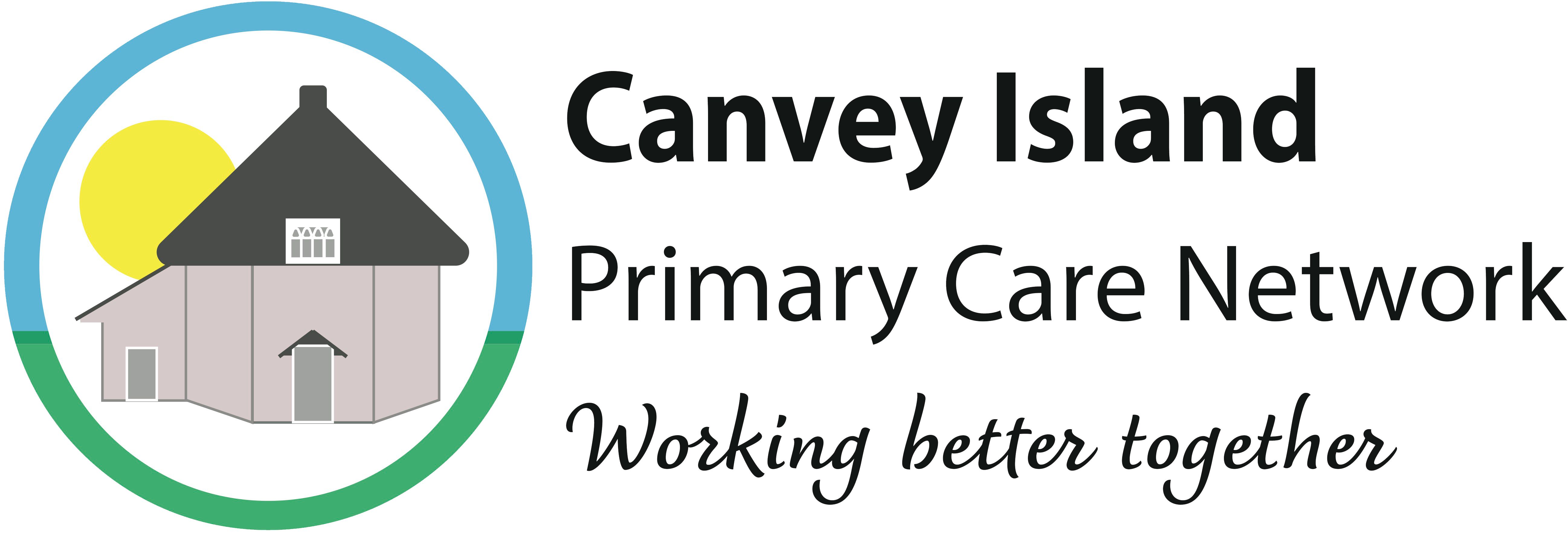Common heart conditions
There are many different heart conditions and problems which are collectively called heart disease.
It’s always best to discuss your heart condition with your health professional or heart specialist who can advise you on the correct diagnosis and name of your condition and treatment plan.
Cardiovascular disease
Cardiovascular disease is a general term for conditions that affect the heart and blood vessels. The usual cause is a build-up of fatty deposits inside the arteries and it increases the risk of blood clots.
Heart failure
Heart failure is a condition when the heart is unable to pump blood around the body properly. It usually occurs when the heart has become too weak or stiff. It’s sometimes called congestive heart failure, although this name is not widely used.
Atrial fibrillation
Atrial fibrillation is an irregular and often rapid heart rate that can increase your risk of strokes, heart failure and other heart-related complications.
Find out more about heart conditions:
Symptoms of a heart condition
There are a number of common symptoms associated with underlying heart conditions:
- General fatigue
- Rapid and irregular heartbeat
- Fluttering or “thumping” in the chest
- Dizziness
- Shortness of breath and anxiety
- Weakness
- Faintness or confusion
- Fatigue when exercising
- Sweating
- Chest pain or pressure
Call 999 if:
You have sudden chest pain that:
- spreads to your arms, back, neck or jaw
- makes your chest feel tight or heavy
- also started with shortness of breath, sweating and feeling or being sick
- lasts more than 15 minutes
You could be having a heart attack. Call 999 immediately as you need immediate treatment in hospital.
See a GP if:
- you have chest pain that comes and goes
- you have chest pain that goes away quickly but you’re still worried
It’s important to get medical advice to make sure it’s nothing serious.
Services for heart conditions
Looking after your heart is the first step to preventing heart failure. Visit our heart health page and take the first steps to improve your hearts health.
You should make an appointment to see a GP if:
- you notice a sudden change in your heartbeat
- your heart rate is consistently lower than 60 or above 100 (particularly if you’re experiencing other symptoms of atrial fibrillation, such as dizziness and shortness of breath)
See a GP as soon as possible if you have chest pain.
Provide – cardiac services
Offering cardiac services across mid and south Essex.
Find out more from Provide.
EPUT – Heart failure services
The Community Heart Failure Service provide a patient centred, community based, specialist nursing, education and therapy service for heart failure. The overall aim is to enhance a patient’s quality of life, improve physical health and optimise their social and psychological well-being and reduce acute hospital readmissions.
Find out more about the Community Heart Failure Service.

